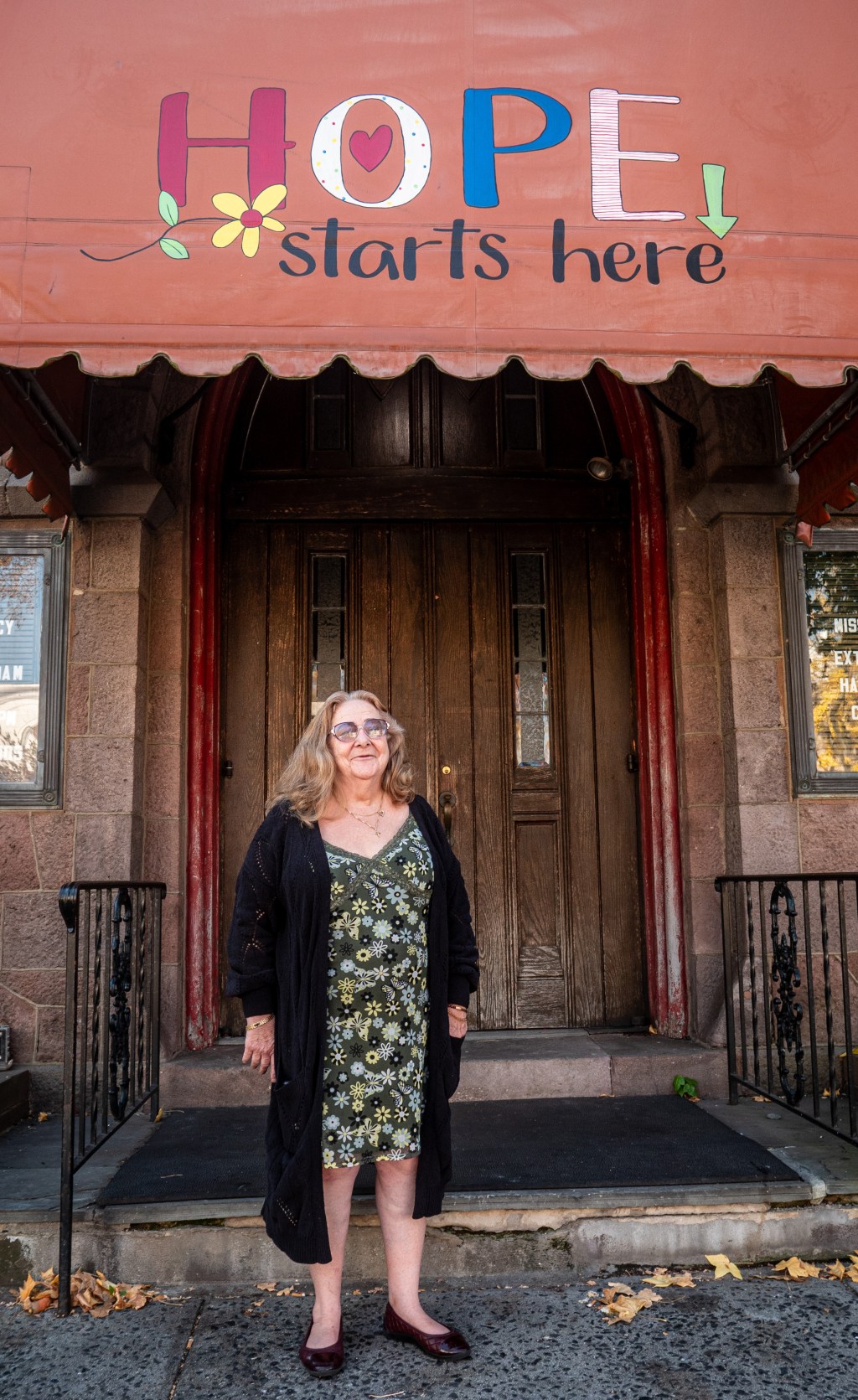
Our senior citizens are akin to hidden treasures within our community, brimming with a wealth of wisdom and life experiences to share. However, behind those warm smiles, there lies a sad reality: many of us grapple with loneliness, anxiety and depression. One out of four are dealing with the impacts of mental health conditions, from feeling super sad to dealing with memory problems.
I have witnessed this shift taking a toll on the mental health of my generation.
According to research from the Pan American Health Organization, by 2030, the number of seniors facing mental disorders will double, painting an unfortunate picture of my aging generation.
Sadly, two-thirds of seniors with mental health problems do not receive the help they need, leaving a troubling treatment gap. Here in the Keystone State, home to 3.4 million older adults, we must prioritize the well-being of our senior community members.
Loneliness, depression and anxiety have become our silent adversaries, and the first step in addressing them is ensuring that seniors have access to community mental health services.
Shockingly, a study by Mental Health Partnerships in the Greater Philadelphia region revealed that 75% of residents were unaware of local initiatives to promote mental health awareness. Breaking the stigma and spreading awareness is key to providing much-needed support.
I’ve personally experienced the impact of community groups and activities designed for seniors helping my mental health: programs, like bingo every Wednesday, holiday events and our cultural exploration group, and even cooking authentic meals every Friday. These activities increase socialization and create lasting bonds. These lasting bonds are important for my generation’s mental health and well-being.
Now, let me share my journey with the Pottstown Recovery Learning Center. I arrived in distress on Jan. 24, 2022, homeless after a domestic dispute with my significant other. I was in a terrible mental and emotional state. That day, I sought help by “ringing the bell” at Pottstown Recovery Learning Center, a decision that saved my life.
I can’t forget the warmth and support I received from Joanne, Vernessa and Annette. That day, I became a part of the PRLC family. I got temporary mail and storage services, a meal and a change of clothes. They also connected me with shelter, outreach, shower and laundry services.
I went to the center every day, usually the first to arrive and the last to leave. I signed up for one-on-one services to support my mental health and sobriety. I actively participated in every group, sharing my stories of sobriety and maintaining mental clarity.
In the summer of 2022, I was placed in a temporary 24-hour shelter in Horsham, Montgomery County, until I received permanent housing later that winter. The distance didn’t deter me; I made it my mission to be at the center at least three times a week and for special events. The PRLC team made me feel special, and I’m grateful for that.
The Pottstown Recovery Learning Center also offers informative sessions on mental health topics and a focus on total body recovery through activities like gardening, exercising and learning about nutrition. We even have the Street Medicine team visiting every Tuesday.
Peer support has been invaluable in providing me with coping strategies, reducing the impact of my mental health challenges and enhancing my resilience. Their IMR series helped me understand my diagnosis better through group sessions and individual support, all while socializing and learning.
For those hesitant to seek help or join community groups, it’s crucial to engage them openly and non-judgmentally. Ask them about their feelings and concerns. Encourage them to consider support and consult with health care providers for recommendations or referrals. Sometimes, offering to accompany them to the first few sessions or activities can provide emotional support and make them more comfortable.
As seniors, we frequently find ourselves wrestling with the challenges of sadness, loneliness, depression and anxiety. These feelings cast long shadows over what should be a time of reflection, fulfillment and connection. It’s necessary for all of us to take meaningful steps to support and uplift our generation, and one of the most valuable resources we can lean on is peer support
Diane Chapman, a compassionate advocate for senior well-being, is a resilient soul who understands the silent battles many seniors face in our community. She has dedicated her efforts to raising awareness about the mental health challenges that seniors grapple through her lived experience.
